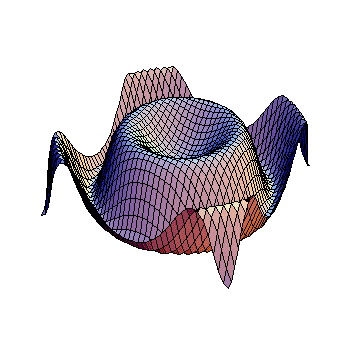How do you differentiate f(x) =(2+x )( 2-3x) using the product rule?
2 Answers
Jun 7, 2017
Explanation:
let say
Jun 7, 2017
-6x-4
Explanation:
If we want to differentiate
After we have derived the equation we now have the following:
Go ahead distribute and simplify:
Our final answer is


